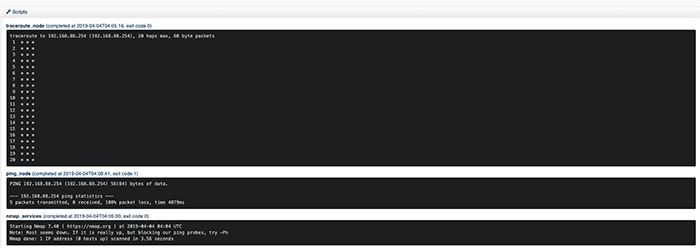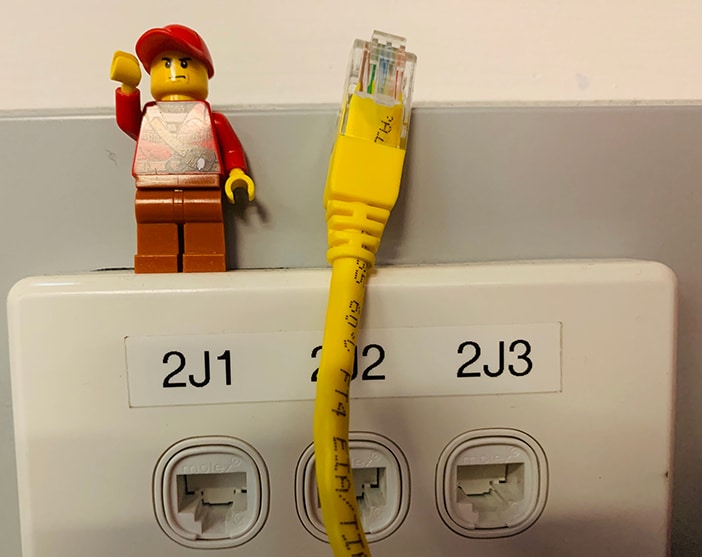05 April 2019
OpEvents – A Technical Service Desk

opEvents is used in many organizations as a valuable tool to monitor their networks, it gives valuable insights into the network, it gains information from everywhere and also delivers a consolidated view to ensure you aren’t flooded with notifications.
The update to opEvents v2.4.3 adds the ability to add editable ‘Event Status’ tags to events. These are status updates that will turn opEvents into an effective technical service desk for you. To help demonstrate how this process works we simulated a network outage in our office, don’t worry nobody was hurt during this event.

In the above image, you will be able to see that this is the synthetic event that was created for a customer outage for Opmantek. Currently, there is no status that has been assigned to the event, this is because the default status is Undef.
If you would like to set a new default status, it can be set by opevents_event_status_values in the opCommon.nmis file. There are three options that are shipped with opEvents are Ingested, Investigating and Resolved.
Every team operates differently so if you would like to customize these values they are defined in opevents_event_status_values in the opCommon.nmis file.
Back to the task at hand, I have been assigned to begin investigating this outage, to ensure that no other members of my team start to troubleshoot this issue, I update the event status to read ‘Investigating’ and begin the troubleshooting steps; this will save your team from having two people trying to solve one issue. This is made even easier because the first troubleshooting steps have already been executed, it is now a matter of interpreting the results and deciding the next steps.

We can see from the above output, the traceroute command was executed when the event started, it has returned with no information, there seems to be a local issue.
After testing the local network and seeing that our local network was working as expected, I was able to isolate the issue to be a problem with an ethernet cable unplugged;

The cable was plugged back in and the issue was resolved, the event status was changed to Resolved and we can close this issue.
Although this was a contrived issue the troubleshooting process exemplifies the power of using opEvents as a technical service desk, all the troubleshooting information that is required to resolve this issue is at your fingertips.
If you would like to see how easily this can be integrated into your environment or to test out the functionality yourself, we offer a free POC for your company and also a free 20 node license of opEvents, start today.